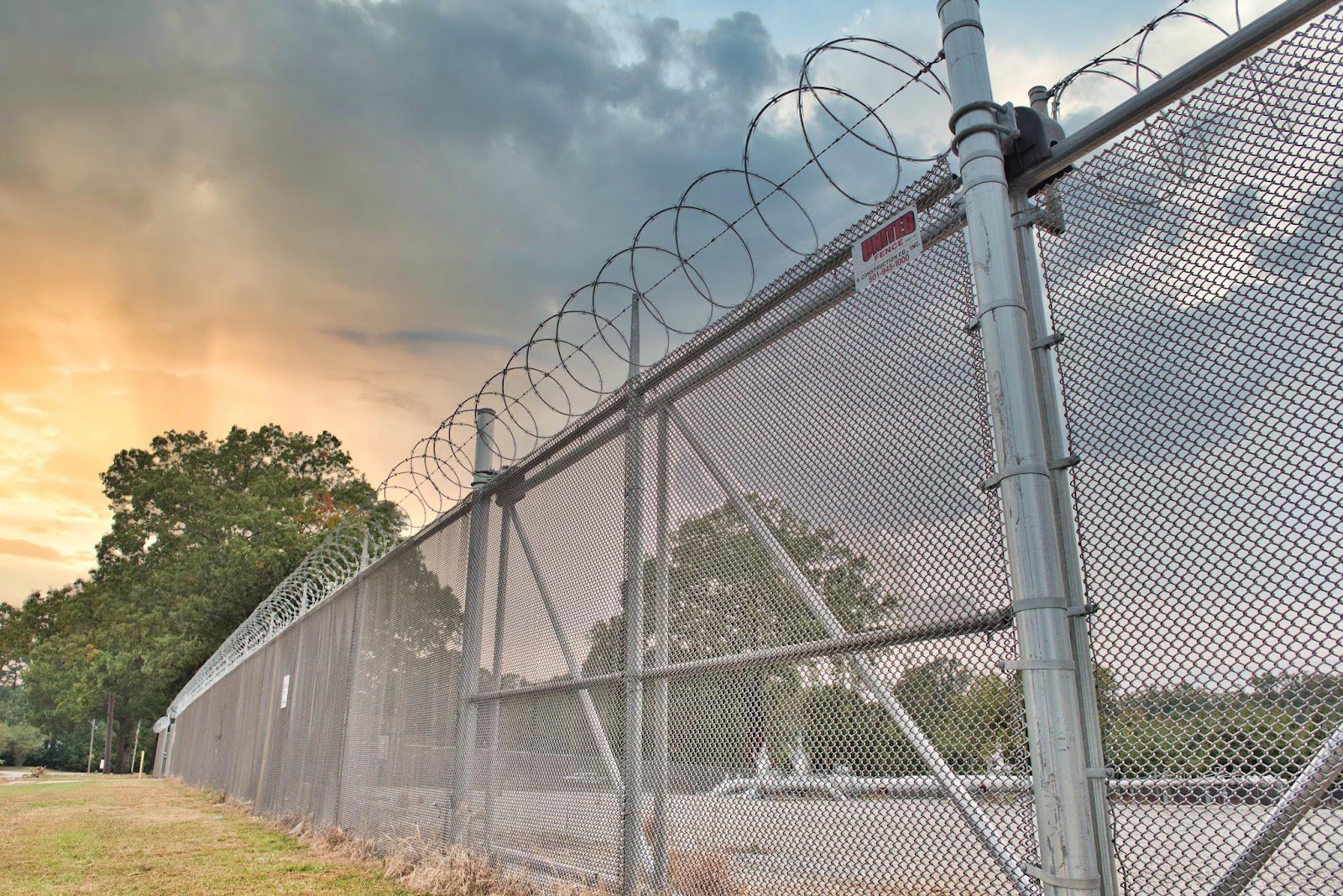All Categories
Featured
What Types of Fencing Products Are Offered for Residential and Commercial Projects?

When preparing to install a fencing, selecting the ideal product is vital for meeting the visual, functional, and budgetary demands of your home. Whether for industrial or household usage, modern fence options use a variety of options to match certain needs. Here's a thorough consider one of the most common fence materials offered today.
- Timber Secure fencing. Wood is a timeless choice for property owners seeking beauty and versatility. It functions well for personal privacy fencings, ornamental designs, and limit noting.
Key Advantages of Timber Secure Fencing:
Visual Versatility: Can be crafted right into different designs, including picket, latticework, and board-on-board styles. Economical: Offers affordability for lots of tasks, particularly smaller sized household ones. Customizable: Quickly repainted or discolored to match a home's exterior. Disadvantages: Calls for regular upkeep, such as discoloring and securing, to secure against weathering and bugs.
- Vinyl Fencing. Vinyl secure fencing has actually expanded in appeal due to its smooth appearance and minimal maintenance needs. It's a wonderful option for both residential and business spaces.
Benefits:
Resilient and resilient: Vinyl resists weather damages, bugs, and fading. Easy Upkeep: A quick laundry with soap and water keeps it looking pristine. Elegant Choices: Comes in multiple shades and textures, some mimicking all-natural timber. Factors to consider: The first price is greater, yet the long-term financial savings on maintenance can make it a smart investment.
- Chain-Link Fence. Chain-link secure fencing is a functional service for protecting large areas, frequently utilized in industrial, commercial, and leisure residential properties.
Advantages:
Price: One of the most cost-effective fence alternatives. Toughness: Withstands tear and wear, also in tough settings. Exposure: Offers a clear view while maintaining protection. Drawbacks: Limited visual allure and privacy unless combined with slats or vegetation.
- Aluminum Fencing. Aluminum offers an advanced appearance without compromising on resilience. It's specifically preferred for attractive or safety functions.
Trick Includes:
Rust-Free: Perfect for moist climates or swimming pool units. Reduced Upkeep: Needs marginal upkeep contrasted to iron or timber. Stylish Look: Usually utilized to resemble functioned iron without the substantial price. Factors to consider: Not as strong as steel, making it less ideal for high-security requirements.
- Wrought Iron Fencing. Known for its ageless elegance and sturdiness, functioned iron is a favorite for high end buildings.

Advantages:
Toughness and Protection: Difficult to flex or damage, making it perfect for high-security applications. Customizable Layouts: Can be formed into intricate patterns for a distinct look. Longevity: With correct upkeep, wrought iron can last for decades. Drawbacks: Needs routine maintenance to avoid rust and is among the much more expensive fencing options.
- Composite Fence. Compound fencings incorporate wood fibers and plastic for a resilient, eco-friendly choice.
Advantages:
Eco-friendly: Frequently made from recycled materials. Low Maintenance: Immune to rot, bugs, and bending. All-natural Look: Mimics the look of timber without the upkeep. Disadvantages: Higher in advance expense compared to standard wood fence.
- Bamboo Secure fencing. Bamboo is a sustainable and fashionable option, particularly for domestic homes looking for an all-natural visual.
Benefits:
Eco-Friendly: Bamboo is sustainable and eco-friendly. Distinct Look: Includes a tropical or Zen-inspired touch. Affordable: Typically less costly than hardwoods. Downsides: Much less sturdy in extreme environments or against extended exposure to dampness.
- Steel Secure fencing. Steel secure fencing offers unrivaled toughness, making it a best option for commercial and industrial demands.
Features:
Heavy-Duty Stamina: Handles substantial effects and weather condition obstacles. Customizable Coatings: Powder covering boosts its appearance and durability. Security: Suitable for locations needing enhanced protection. Considerations: Greater expense and weight make it less suitable for small tasks.
- Masonry or Stone Secure Fencing. For residential properties looking for a long-term and extremely durable option, masonry or stone secure fencing is a costs choice.
Advantages:
Ultimate Resilience: Withstands severe climate and lasts for years. Soundproofing: Blocks sound, making it suitable for urban locations. High-end Aesthetic: Uses a high end appearance that enhances premium buildings. Drawbacks: High installation expenses and minimal adaptability in design changes.
Just How to Choose the Right Product. When selecting a secure fencing material, take into consideration the following factors:
Purpose: Do you require safety and security, personal privacy, or decorative allure? Budget: Some materials, like wood and chain-link, are cost-effective, while functioned iron and rock come with a premium. Upkeep: Materials like vinyl and aluminum are simpler to maintain, while timber and wrought iron demand normal care. Environment: Some products, such as bamboo or neglected timber, are less suitable for harsh weather. Conclusion. Secure fencing materials today provide a broad variety of options to match various spending plans, features, and designs. Whether you focus on resilience, looks, or eco-friendliness, there's a material that will certainly fit your needs. By working with an expert fence professional, you can check out these choices thorough and ensure a perfect setup for your property or commercial task.
Latest Posts
Discover the Montclare Difference - Trusted Auto Maintenance
Published Apr 19, 25
2 min read
Professional Vehicle Maintenance at Montclare Auto Repair - Get Service Today!
Published Apr 19, 25
2 min read
Personalized Riches Administration with WyHy Federal Lending Institution
Published Apr 19, 25
1 min read
More
Latest Posts
Discover the Montclare Difference - Trusted Auto Maintenance
Published Apr 19, 25
2 min read
Professional Vehicle Maintenance at Montclare Auto Repair - Get Service Today!
Published Apr 19, 25
2 min read
Personalized Riches Administration with WyHy Federal Lending Institution
Published Apr 19, 25
1 min read